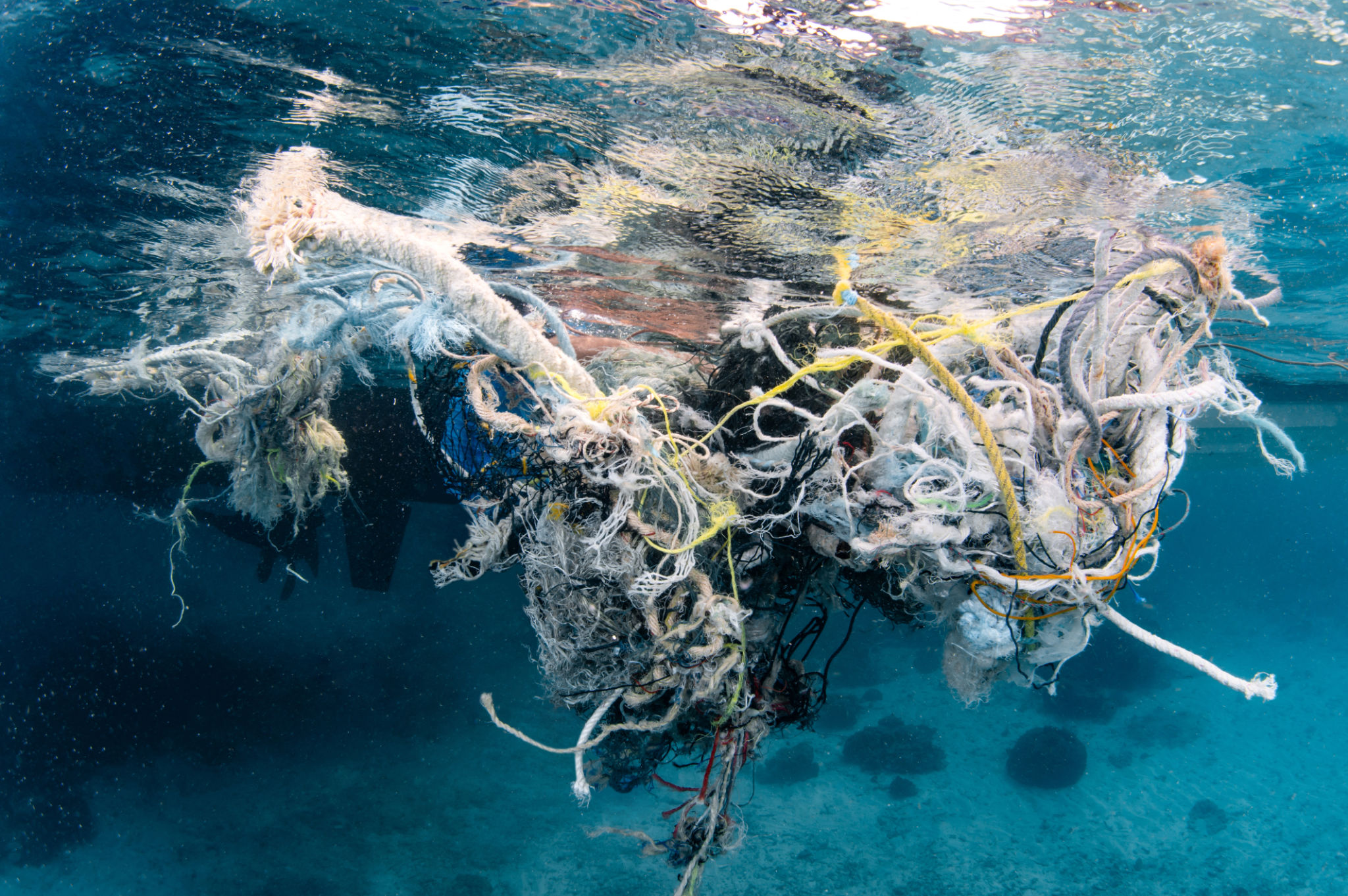Innovative Trends in Plastic Waste Management: What You Need to Know
Understanding the Plastic Waste Challenge
Plastic waste management has become a pressing topic in today's environmentally-conscious world. With millions of tons of plastic waste generated each year, finding effective solutions is critical. Traditional methods of disposal, such as landfilling and incineration, are no longer sustainable. This has led to the emergence of innovative trends aimed at reducing, reusing, and recycling plastic waste.

Biodegradable Plastics
One significant innovation in plastic waste management is the development of biodegradable plastics. These materials are designed to break down more quickly than traditional plastics, reducing their environmental impact. Biodegradable plastics can decompose in natural environments, leaving behind fewer pollutants. This advancement is crucial for minimizing the amount of plastic that ends up in oceans and landfills.
Advanced Recycling Technologies
Another trend reshaping the plastic waste industry is advanced recycling technologies. These methods aim to improve the efficiency and effectiveness of recycling processes. Techniques such as chemical recycling break down plastics into their original building blocks, allowing them to be reused in various applications. This approach not only enhances recycling rates but also reduces the demand for virgin plastic production.

Plastic Waste to Energy
The conversion of plastic waste into energy is gaining momentum as an innovative solution. This process involves using technologies like pyrolysis and gasification to transform plastic into fuels or electricity. By harnessing the energy potential of plastic waste, this trend offers a dual benefit: reducing waste while generating clean energy.
Community-Based Initiatives
Grassroots and community-based initiatives are also playing a significant role in innovative plastic waste management. Local projects often focus on educating communities about recycling practices and organizing clean-up events. Such initiatives empower individuals to contribute to waste reduction efforts and foster a culture of sustainability.

Corporate Responsibility and Innovation
Corporations are increasingly taking responsibility for their plastic waste by adopting sustainable practices. Many companies are investing in research and development to create eco-friendly packaging solutions and are actively participating in recycling programs. By embracing corporate social responsibility, businesses can significantly impact the reduction of plastic waste.
The Role of Legislation and Policy
Governments worldwide are implementing legislation and policies to tackle plastic waste effectively. Regulations such as bans on single-use plastics and incentives for recycling initiatives are helping drive change. These policies encourage manufacturers, consumers, and waste management companies to adopt more sustainable practices.

The Future of Plastic Waste Management
As innovation continues to evolve, the future of plastic waste management looks promising. The integration of technology, education, and policy will likely lead to even more effective solutions. By keeping abreast of these trends, individuals and organizations can contribute to a healthier planet.
In conclusion, addressing plastic waste is a multifaceted challenge that requires cooperation from all sectors of society. By embracing innovative trends, we can make significant strides towards a sustainable future.
